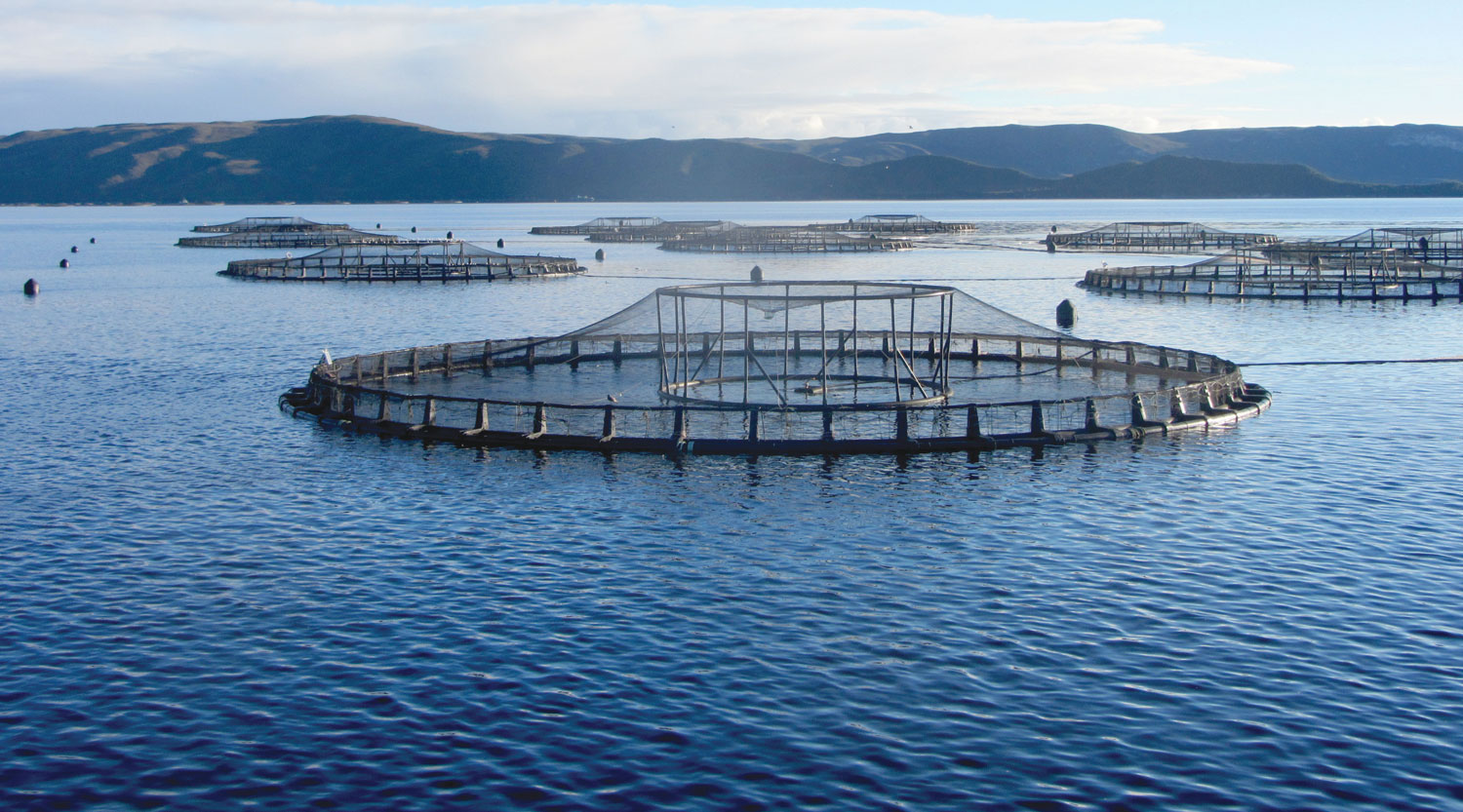

Oman Aquaculture Development Company (OADC), a subsidiary of Oman Investment Fund (OIF), a wholly government owned sovereign wealth fund, has plans to launch work on three new fish farming projects in 2018 — part of a growing portfolio of aquaculture schemes designed to augment fish production in the face of dwindling domestic supplies of staple fish species.
The new ventures, which include a major hatchery as well, will effectively position OADC — the aquaculture investment arm of OIF — as a major player in the rapidly evolving fish farming sector in the Sultanate.
According to a key official of the state-owned entity, the new investments will build on OADC’s successful maiden project that commenced operation at Qurayat in Muscat Governorate earlier this year.
“Right now, we have one project in Qurayat, but we are preparing for another two — a land-based hatchery and another caged fish farm, in addition to a third project for shrimp fishing,” said Andreas Ntatsopoulos, Chief Operating Officer — Fish Farming. “All three projects will start (development) in the coming year,” he added in comments to the Observer.
OADC’s first aquaculture investment at Qurayat has a capacity to produce 3,000 tonnes of kofar (sea bream) per annum — a success story that has earned the “respect” of the local community as well, according to Ntatsopoulos. The project has been in operation for over six months, he said.
A similar project, albeit of a capacity of around 6,000 tonnes per annum, is also planned at Qurun in South Al Sharqiyah Governorate. Also on the anvil is a major hatchery with a capacity to produce 15 million juveniles of a fin fish species. Finally, at Beemah, OADC plans to invest in a cage farm project of a capacity of around 3,000 tonnes.
Earlier, speaking at a forum spotlighting opportunities in Oman’s fledgling aquaculture industry, Ntatsopoulos described the Sultanate as an ideal candidate for fish farming.
“Oman represents an excellent opportunity for fish farming,” the veteran aquaculture specialist said. “Not only is the Sultanate blessed with a fantastic coastline, but its environment and natural settings are also ideally suited for the cultivation of fish.”
Aquaculture, Ntatsopoulos further noted, offers nations like Oman the opportunity to transition from being traditional “fish hunters” to “fish cultivators” and thereby allow the overfished oceans and seas of the world to recover suitably.
“Let’s explore ways to produce the protein we need from the sea by taking advantage of the ideal marine ecosystem that Oman is blessed with — the same ecosystem that is responsible for the immense marine resources found off the Sultanate,” he stated.
A master-plan for aquaculture development in the Sultanate, formulated by the Ministry of Agriculture and Fisheries, envisages an annual output of around 200,000 metric tonnes of farmed fish by the year 2040, alongside the creation of some 11,000 additional jobs for Omanis.
Conrad Prabhu
Oman Observer is now on the WhatsApp channel. Click here



